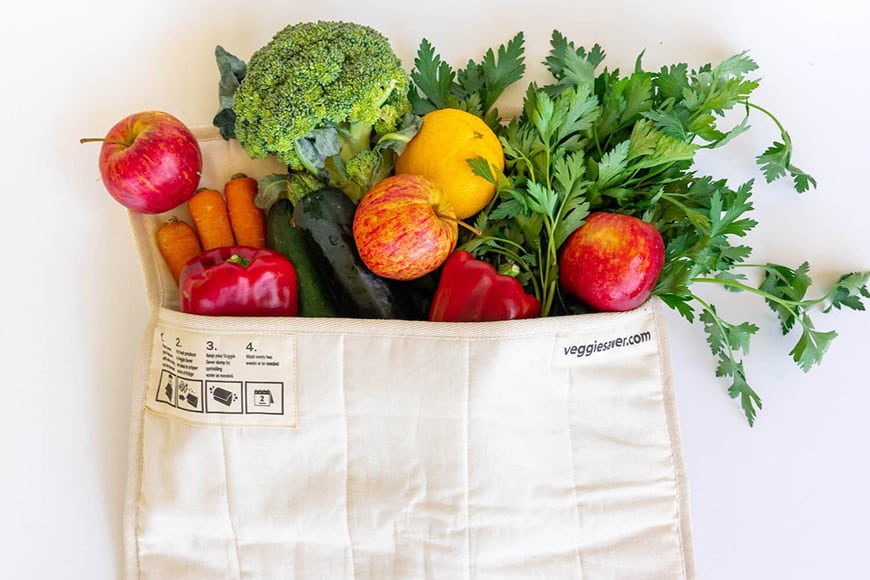This Veggie Saver Produce Bag Extends the Life of Veggies by Two Weeks
Sick of fruit and veggies going bad before you get the chance to eat them? The Veggie Saver Produce Bag extends their life up to two weeks.

Published

16 Sustainable and Eco-Friendly Gift Sets (Up to 50% Off for Black Friday!)
There's an eco-friendly gift set for everyone on your list. Here are our top picks—many of which are up to 50% off for Black Friday.

13 DIY Christmas Ornaments That Use Materials You Already Have
You can make festive DIY Christmas ornaments for your tree using things you already have around the house. Here are 10 fun projects to try.

3 Vegan Holiday Drinks You Can Order at Dunkin’ Donuts
Dunkin' Donuts released its vegan holiday drinks. Here are three options to order the next time you head to the coffee chain!


